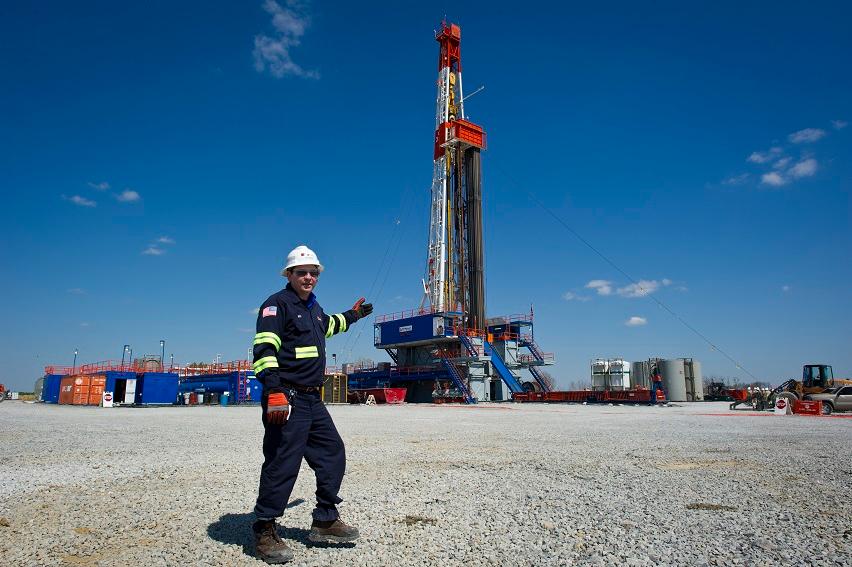A three-year ban on plastics production in legislation being pushed by congressional Democrats would collapse the oil and gas industry, causing major national economic damage, according to Rep. Bill Johnson (R-Ohio).
“There’s more than one way to skin a cat, and there’s more than one way to achieve a ban on hydraulic fracturing,” Johnson told The Epoch Times on May 24 regarding Secretary of Energy Jennifer Granholm’s recent statement that the Biden administration supports a ban on hydraulic fracking for fossil fuels on all public lands. She made the statement in response to a question from the Ohio Republican at an Energy Subcommittee Hearing of the House Energy and Commerce Committee.





